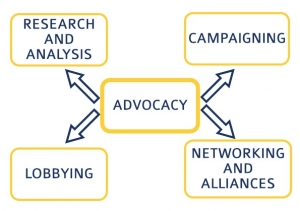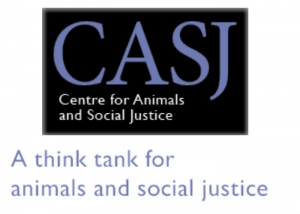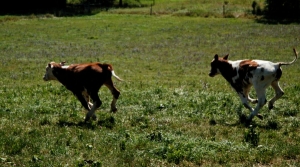- Home
- Directory
-
Our Programs
-
Strategic Advocacy Course
- Collaborations
- Humane Education
- International Policy
-
Model Animal Welfare Act
- Get the Book!
- Contents
- Part 1: Guiding Principles - A Broad Overview
- Part 2: Proposal for the Wording of a New Animal Welfare Act
-
Part 3: Explanatory Notes
- Notes to Chapter 1: Preliminary Provisions
- Notes to Chapter 2: General Provisions
- Notes to Chapter 3: Keeping of Animals/Care of Animals
- Notes to Chapter 4: Specific Categories of Animal Use
- Notes to Chapter 5: Implementation and Enforcement Provisions
- Notes to Chapter 6: Penal and Final/Concluding Provisions
- Constitution Project
-
Strategic Advocacy Course
-
Resources
- Events
- About Us
- Blog
Displaying items by tag: Strategy
The Role of Strategy in Effective Advocacy
I am sorry I was not able to attend the 2016 Effective Animal Advocacy Research Symposium which was held at Princeton University on November 12-13th. Interestingly, I note that this was organised and co-sponsored by Animal Charity Evaluators, so this ties in nicely with our last blog on Effective Altruism. Overviews of the conference presentations can be read on the event website. We were pleased to see that there were contributions on social science and movement building from Zachary Groff and Ling-Ann Hsiung, which we believe to be a crucial aspect of lasting social change.
New Report from the CASJ Explores How Promoting Democracy Can Help Animal Advocates Protect Animals
Anyone who has experience in the field of animal protection knows that for the majority of issues, from farmed animals, animal experimentation, pet overpopulation, hunting, animals in entertainment, to working animals, we battle vested interest groups which benefit economically from the use and abuse of animals. Unfortunately, many governments across the world operate under a paradigm that promotes human-centered economic growth. Because of the contribution of animal-use industries to economic growth, economic considerations of animal use are generally given primacy over animal welfare considerations. Thus, government structures, systems and processes are developed which support animal-use, despite the fact that these generally do not reflect public opinion on animal welfare. This paradigm prevents an overarching animal welfare ethic from being incorporated, the result being a marked lack of progress by animal advocates.
Encouraging Positive Actions for Animals: What Advocates Should Know About Motivating the Average Person
As animal advocates faced with difficult and heart-wrenching problems on a daily basis, it can become all too easy to think that the people whose behavior we seek to change operate using the same type of reasoning that we do. When we begin thinking that everyone is operating using the same basic rationale it becomes increasingly difficult to understand why most people, when confronted with the same information, do not adopt the same behaviors that we ourselves have adopted.



